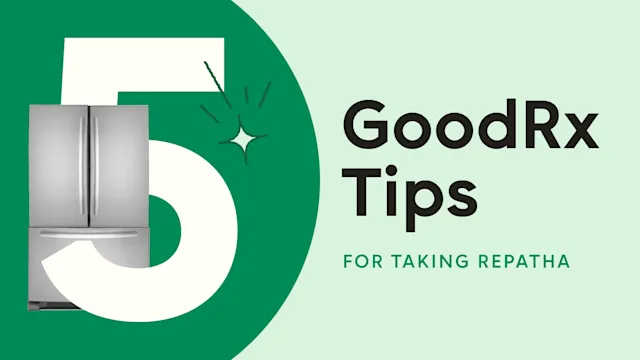Diets high in saturated fats are linked to an increased risk of high cholesterol. To lower cholesterol, you might be tempted to avoid all dietary fats, but this may be a mistake. In this video, learn why some dietary fats may be helpful for lowering cholesterol.
You can read more about what a healthy diet looks like to lower cholesterol here.
References
American Heart Association. (2020). Cooking to lower cholesterol.
Centers for Disease Control and Prevention. (2022). Food labels.
Centers for Disease Control and Prevention. (2022). Prevent high cholesterol.
Hooper, L., et al. (2020). Reduction in saturated fat intake for cardiovascular disease. The Cochrane Database of Systematic Reviews.
Kim, S., et al. (2021). Red meat and processed meat consumption and the risk of dyslipidemia in Korean adults: A prospective cohort study based on the health examinees (HEXA) study. Nutrition, Metabolism, and Cardiovascular Diseases.
Lee, Y., et al. (2017). Effects of dark chocolate and almonds on cardiovascular risk factors in overweight and obese individuals: A randomized controlled-feeding trial. Journal of the American Heart Association.
MedlinePlus. (2020). Cholesterol.
Micha, R., et al. (2013). Unprocessed red and processed meats and risk of coronary artery disease and type 2 diabetes — an updated review of the evidence. Current Atherosclerosis Report.
U.S. Department of Agriculture. (2020). Dietary guidelines for Americans, 2020-2025.
U.S. Food and Drug Administration. (2022). How to understand and use the nutrition facts label.
Yanai, H., et al. (2018). An improvement of cardiovascular risk factors by omega-3 polyunsaturated fatty acids. Journal of Clinical Medical Research.

Why trust our experts?














